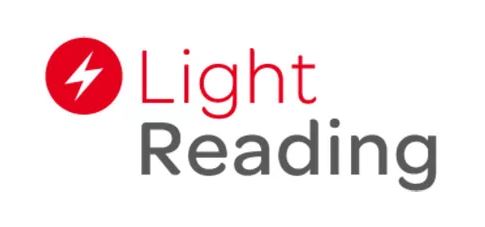Ericsson shows unease as coronavirus crisis continues
Two weeks into the second quarter and Ericsson has started to pepper its investor updates with vaguely unsettling words like “implication” and “mitigation.” Due to publish its first-quarter results next week, the Swedish equipment maker has clung to short-term guidance of “limited to no impact on customers” from COVID-19. Beyond the March-ending period, the outlook grows foggy.
On the plus side, Ericsson remains confident it can meet forecast demand, despite concern about supply chain disruption. The caveat is that its latest forecast this week reflects “known implications and expected outcome from mitigations made following the outbreak.” All that sounds like investor speak for project delays and spending cuts by operators.
Delays will stem partly from the postponement of European spectrum auctions, already long overdue, as far as Ericsson is concerned. Plodding regulators in markets such as Austria, the Czech Republic, France, Portugal and Spain are said to have brought auction plans to a halt. Analysts at Jefferies now think a second 5G auction in the UK, originally scheduled for Spring 2020, could plausibly face a one-year delay. None of this is good for a 5G technology champion that earns money when networks are “live.”
Moreover, as revenues are squeezed, some operators will cut spending to protect free cash flow (and dividends for shareholders). Market-research firm Analysys Mason is now forecasting a 3.4% sales decline in developed markets this year. 5G looks vulnerable in this climate because it has not yet had a chance to establish itself as an essential network service. Greek incumbent OTE, which Ericsson announced as a 5G customer in late March, was due to begin a 5G upgrade in May. This week, CEO Michael Tsamaz told Reuters the project may now be delayed by up to four months.
TXO Systems, a dealer in used network components, says many operators are prioritizing the maintenance of existing services over investment in new ones. “There are some customers that are determined to push ahead with 5G and be the first into the market, but we are seeing a lot more engineering and procurement teams with a COVID-19 budget to support the legacy projects,” says Kieran Crawford, TXO’s sales director.
Analyst firm ABI Research is predicting a nasty slump in 5G spending this year, blaming supply chain disruption.
To read the complete article, visit Light Reading.

















